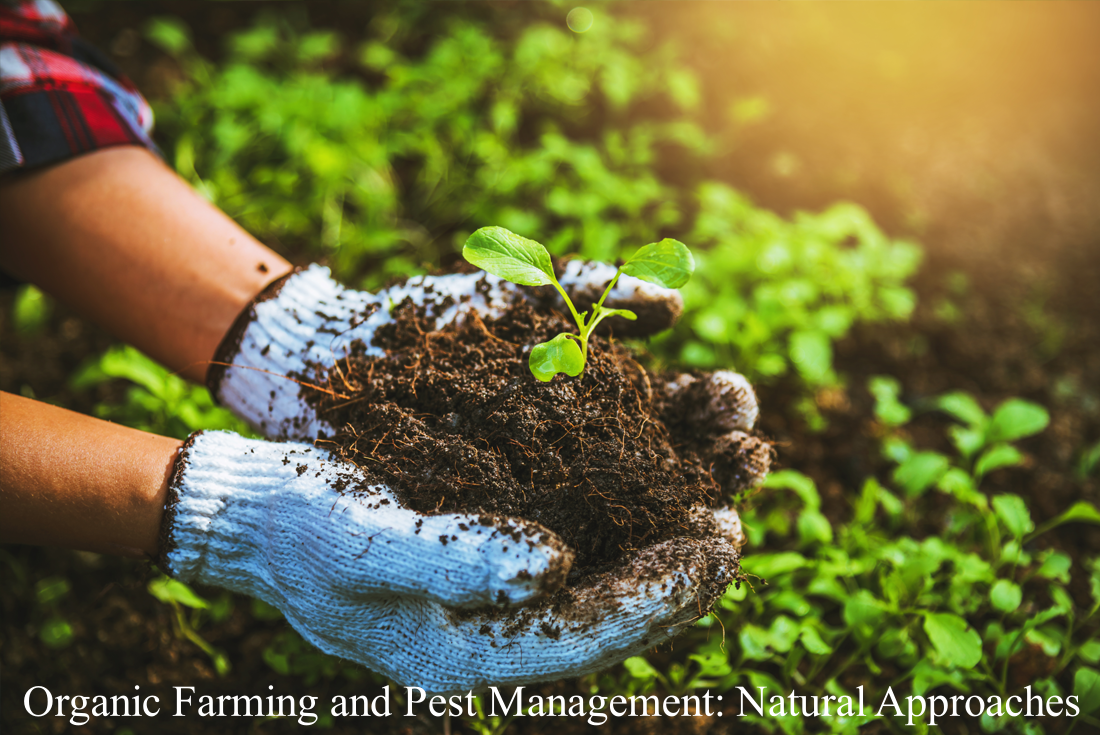Organic farming is a holistic method of agriculture that places a strong emphasis on the importance of preserving biodiversity, minimizing environmental impact, and making effective use of the earth’s resources. Animal welfare, which refers to the practice of providing a kind environment for livestock that are being raised for their meat, dairy products, or eggs, is one of the most important aspects of organic farming.
Animals that are raised using conventional farming methods frequently do so in overcrowded and unsanitary conditions, and they have limited or no access to the outdoors. They may receive injections of antibiotics and hormones to promote growth and prevent disease. Additionally, their diet may include feed that has been genetically modified and other additives that are not natural. On the other hand, farming methods that adhere to organic standards put an emphasis not only on the health and happiness of animals, but also on the ecological systems that are necessary for their survival.
The use of agricultural methods that are both sustainable and regenerative is one of the fundamental tenets of organic farming. Farmers who follow organic practices might, for instance, rotate their crops, plant cover crops to protect the soil from erosion and boost its fertility, and compost their organic waste in order to produce natural fertilizers. These practices help to preserve the soil’s health and reduce the requirement for artificial fertilizers and pesticides.
In order to ensure the well-being of their animals, organic farmers are obligated to ensure that their livestock has access to the outdoors, where they can breathe clean air and bask in natural light. They are also responsible for ensuring that their animals have sufficient space to move about freely and engage in behaviors that are natural to them. In addition, organic farmers are not allowed to use growth-promoting drugs like antibiotics or hormones on their livestock, and they are required to feed their animals food that has not been genetically modified and does not contain any other artificial ingredients.
There is some evidence that organic farming is better for the environment. Organic farming practices can aid in the prevention of water pollution and the loss of biodiversity in their surrounding ecosystems by reducing the amount of synthetic fertilizers and pesticides that are used in agricultural production. In addition, in order to lessen their contribution to climate change, organic farmers might decide to power their farms with renewable energy, such as the sun or the wind.
In conclusion, organic farming and the protection of animals are closely related to one another. Organic farmers are able to establish a more resilient and self-sustaining agricultural system if they place a higher emphasis on the health and happiness of their livestock. This method of farming has the potential to be beneficial not only to the environment but also to the long-term health and economic viability of the surrounding communities.


No comment